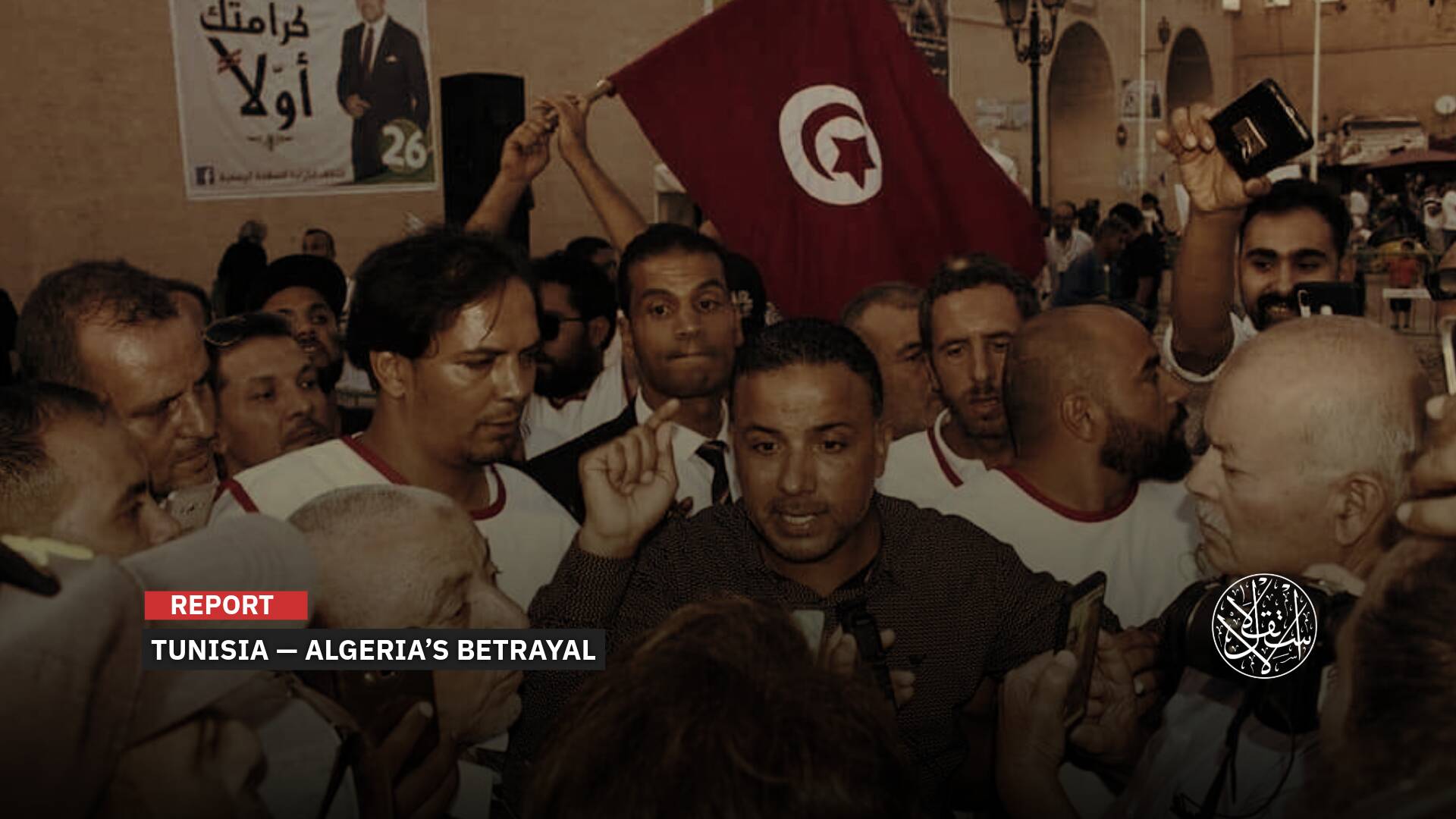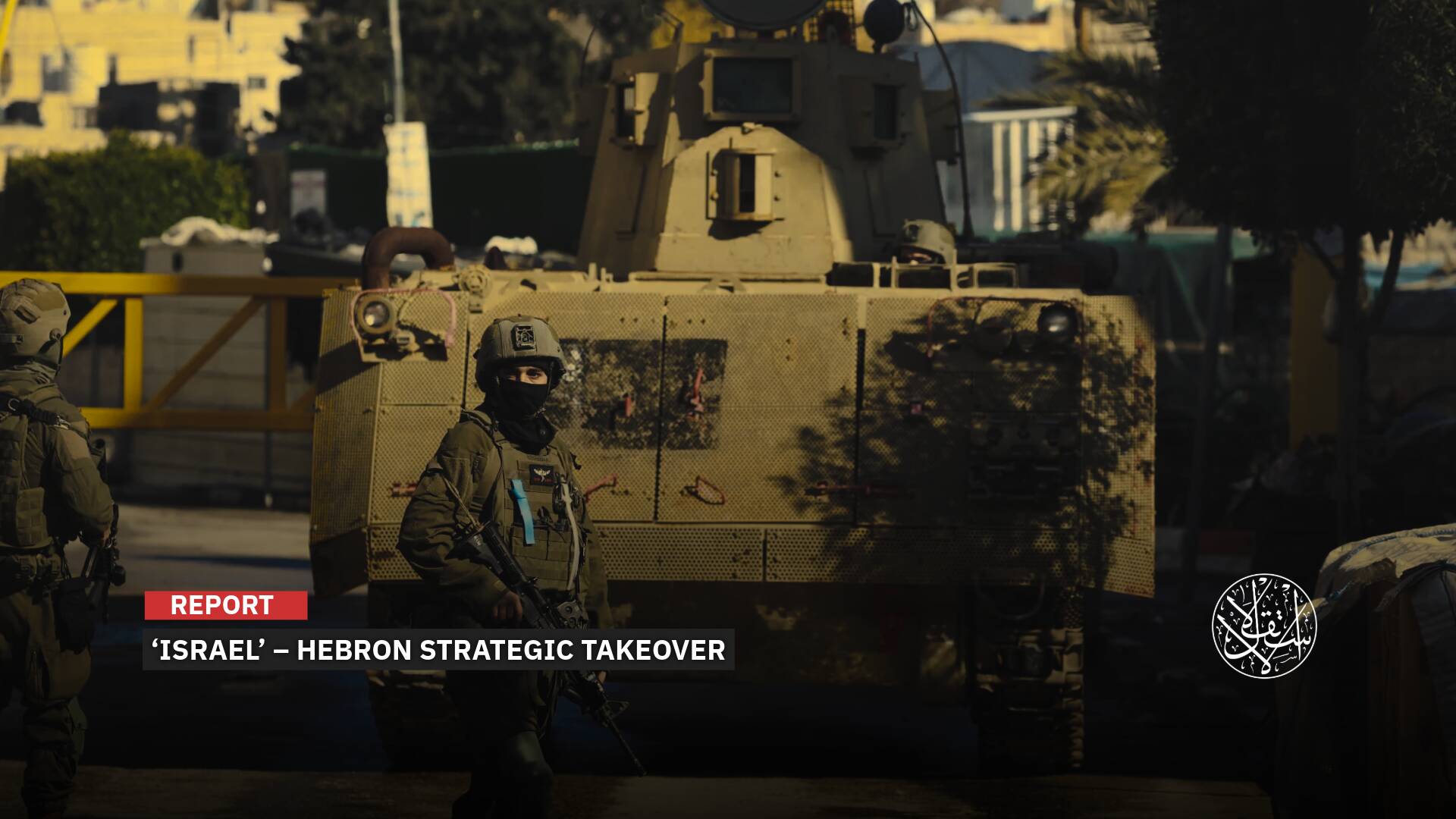Kurdish Unity and Shifting Alliances Shape Syria’s New Political Landscape

Barzani's initiative is not secret from Turkiye or Iran; everyone is aware of it.
A series of questions have been raised by the "rare" meeting between the leader of the Syrian Democratic Forces (SDF) militia and the head of the Kurdistan Democratic Party (KDP), Masoud Barzani, in the Kurdistan Region of Iraq.
This encounter comes after years of strained relations between the two sides since the outbreak of the Syrian civil war in 2011.
The meeting follows nearly a month after the overthrow of the regime of former President Bashar al-Assad in Syria and his subsequent flight to Russia on December 8, 2024.
Syrian opposition factions, led by Ahmed al-Sharaa, have since taken control of the entire country, with the exception of areas held by the SDF militia.
The SDF militia is primarily stationed in northern and eastern Syria, encompassing the city of Tabqa and the provincial capital of Raqqa in the north, as well as the towns of Khafsah and Maskanah west of the Euphrates River.
The militia also controls the entirety of Hasakah province and the northeastern countryside of Deir ez-Zor province.
A Rare Meeting
On 17 January 2025, Mazloum Abdi met with Masoud Barzani in the city of Erbil during a visit that lasted a few hours.
The meeting came just three days after Barzani dispatched his envoy, Hamid Darbandi, to northeastern Syria in a first-of-its-kind visit, during which Abdi was formally invited to visit the Kurdistan Region of Iraq.
In a televised interview on 19 January, Abdi revealed that he had asked Barzani to mediate with Turkiye to halt its attacks on the SDF in Syria, citing Barzani’s strong relations with the Turkish side.
Hours after the meeting, Abdi posted on X, describing the encounter as a source of great joy and stating that they had discussed the process of change underway in Syria.
“We discussed the process of change that Syria is undergoing, and together we reaffirmed that the Kurdish position in Syria must be united,” he added, “Our goal is to present a unified Kurdish front in discussions with Damascus. In the coming days, we will meet with Kurdish parties and forces to prepare for a joint visit to Damascus.”
Shafaq News described the meeting between Abdi and Barzani on 17 January as “historic,” noting that it came at a sensitive time as Syria and the region underwent profound transformations following the fall of Bashar al-Assad’s regime and the beginning of efforts to shape the country’s future.
The agency quoted Lazgin Ibrahim, a researcher at the Euphrates Center for Studies, who said, “This meeting is seen as a crucial step towards achieving Kurdish unity in Syria, which is a prerequisite for the Kurds to assert their rights in the new Syria.” He added, “Unifying efforts among Kurdish leaders will enhance the Kurds’ chances of playing an active role in shaping Syria’s future. Despite ongoing challenges, there is hope that this historic moment will be leveraged to foster greater cooperation and integration among Kurdish forces.”
Barzani had previously spearheaded an initiative in October 2014 to unify the Kurdish front in Syria.
The city of Dohuk in the Kurdistan Region of Iraq hosted several meetings between the Democratic Union Party (PYD) and the Kurdish National Council (KNC), culminating in the signing of the “Dohuk Agreement.” However, the agreement was never implemented.
The agreement stipulated the formation of a “Kurdish political reference body” comprising 32 members, with 40% representation each for the PYD and the KNC, and 20% for other political parties and forces not affiliated with either group.
According to the agreement, the role of this Kurdish reference body is to outline overarching strategies, embody a unified stance, establish a genuine partnership within the self-administration bodies, and work toward political and administrative unity while involving all other components.
The Kurdish National Council, which was represented in the Syrian opposition coalition, was formed in 2012.
It opposes the separatist militia known as the Syrian Democratic Forces (SDF), with its fighters estimated to number around 8,000.

A Great Disaster
Regarding the details of the meeting, Hoshyar Zebari, a senior figure in the Kurdistan Democratic Party (KDP), stated that the party, and particularly Barzani, enjoys significant popularity among Syrian Kurds, despite the fact that the Syrian Democratic Forces (SDF) dominate the scene and are heavily influenced by the Kurdistan Workers’ Party (PKK). “This is the real tragedy,” he said.
“We have genuine concerns about the future of Syrian Kurds, fearing they might make mistakes. We advised them not to expand beyond their territories. This is not just a demand from Turkiye but also from us, as it is not in their interest to stretch into areas far from their core regions,” Zebari added in a televised interview on 19 January.
He noted that another piece of advice they offered to Abdi was to “sever ties with the PKK, whose arena is in Turkiye. Why should they impose their weight on you, just as they try to impose it on us [the Kurdistan Region of Iraq]?”
“We also told them that the Kurdistan Region of Iraq can assist them because we share a strategic geographical connection. There are around 300,000 Syrian residents and refugees in the region, most of whom are Syrian Kurds,” Zebari continued.
He explained that relations between the Kurdistan Region and the SDF had been cold and far from friendly, but Barzani took the initiative by sending an envoy to Mazloum Abdi and inviting him to benefit from the Kurdistan Region’s experience.
“The meeting was positive and welcomed by the entire Kurdish nation, which had considered such a step almost impossible,” Zebari said.
He pointed out that there are steps being taken to unify the Kurdish front in Syria and to engage with the new leadership in Syria for negotiations.
Zebari emphasized that Syrian Kurds are facing a golden opportunity, as there is significant international and Arab interest in their cause. He clarified that Barzani’s initiative is not being carried out behind Turkiye’s back, nor is it distant from Iran’s awareness. “Everyone is informed about it,” he said.
“We can play a useful role, and the relevant parties include the United States as well. The planes that transported Mazloum Abdi to Erbil were American, and Europeans, including the French, are interested in the Kurdish issue.”
“If we can play a role in the Syrian Kurdish issue, we will do so—not as interference, but because we have connections with [Hay’at Tahrir al-Sham] and the new administration there. We have also had communications with Ahmed al-Sharaa, though no meeting has taken place with him yet. I am prepared to go to Damascus myself.”
When asked about the possibility of establishing a self-governing region for Syrian Kurds similar to the Kurdistan Region of Iraq, Zebari said, “Their circumstances differ from those in Iraq. In Syria, the Kurds do not have a unified geography; they are fragmented, spread across Afrin, Kobani, Hasakah, Jezira, and Qamishli.”
It is worth noting that the SDF controls a vast area in northeastern Syria, which is predominantly Arab and known for its oil wealth.
Kurdish Political Shifts
In his analysis of the Iraqi situation, researcher Bahaa al-Din Barzanji suggested that the meeting between Barzani and Abdi might have been driven by Turkish pressure, aimed at severing the ties between the Syrian Democratic Forces (SDF) and the Kurdistan Workers’ Party (PKK).
This move, he believes, could be a prelude to integrating them into Syria’s evolving political landscape, with possible backing from Western and Arab powers.
Barzanji, speaking to Al-Estiklal, predicted that Kurdish factions in Syria could distance themselves from the PKK, should Turkiye succeed in cutting off communication between the two.
He further noted that the PKK’s influence in both Syria and Iraq would likely diminish under such circumstances, an outcome that aligns with Turkiye's strategic objectives.
The researcher also pointed out that SDF leader Mazloum Abdi’s outreach to Barzani is significant due to the latter’s proximity to Turkiye, which in turn has cultivated strong relations with Syria’s new administration.
He emphasized that maintaining close ties to the PKK and the Patriotic Union of Kurdistan (PUK), which is aligned with Iran, would not serve the SDF’s interests or help resolve tensions with Damascus.
Barzanji underscored that both Iran and its affiliates are increasingly rejected by Syria’s current leadership and by the United States.
In contrast, Barzani is seen as a reliable and acceptable figure both for Turkiye and Arab states.
The researcher concluded that the United States is likely encouraging Barzani’s involvement to help stabilize Kurdish affairs in Syria, positioning him as a guarantor in negotiations with both Turkiye and the new Syrian government.
He speculated that a Turkish-American consensus may already be in place to support this process.

On January 20, the U.S. State Department’s Bureau of Near Eastern Affairs issued a brief statement expressing Washington’s approval of the meeting between Masoud Barzani and Mazloum Abdi, leader of the Syrian Democratic Forces (SDF).
The statement emphasized that "dialogue among Kurds could play a critical role in advancing a comprehensive political transition in Syria."
Meanwhile, Ahmed al-Sharaa, leader of Syria’s new administration, stated that Kurds are "an important part of Syria and have suffered significant injustice, just like other Syrians. With the fall of the regime, this injustice will end, and in the Syria of the future, Kurds will play a pivotal role, with everyone receiving their rights by law."
During a television interview on December 15, 2024, al-Sharaa further asserted, "From today onwards, no oppression will be done to the Kurds. We will open a new history and a new door."
On December 31, 2024, Agence France-Presse reported that an unnamed Syrian official confirmed that al-Sharaa had met with a delegation from the SDF, describing the atmosphere of the meeting as positive.
The official noted that "future meetings are planned," with "intensified dialogues and discussions" expected in the coming months.









